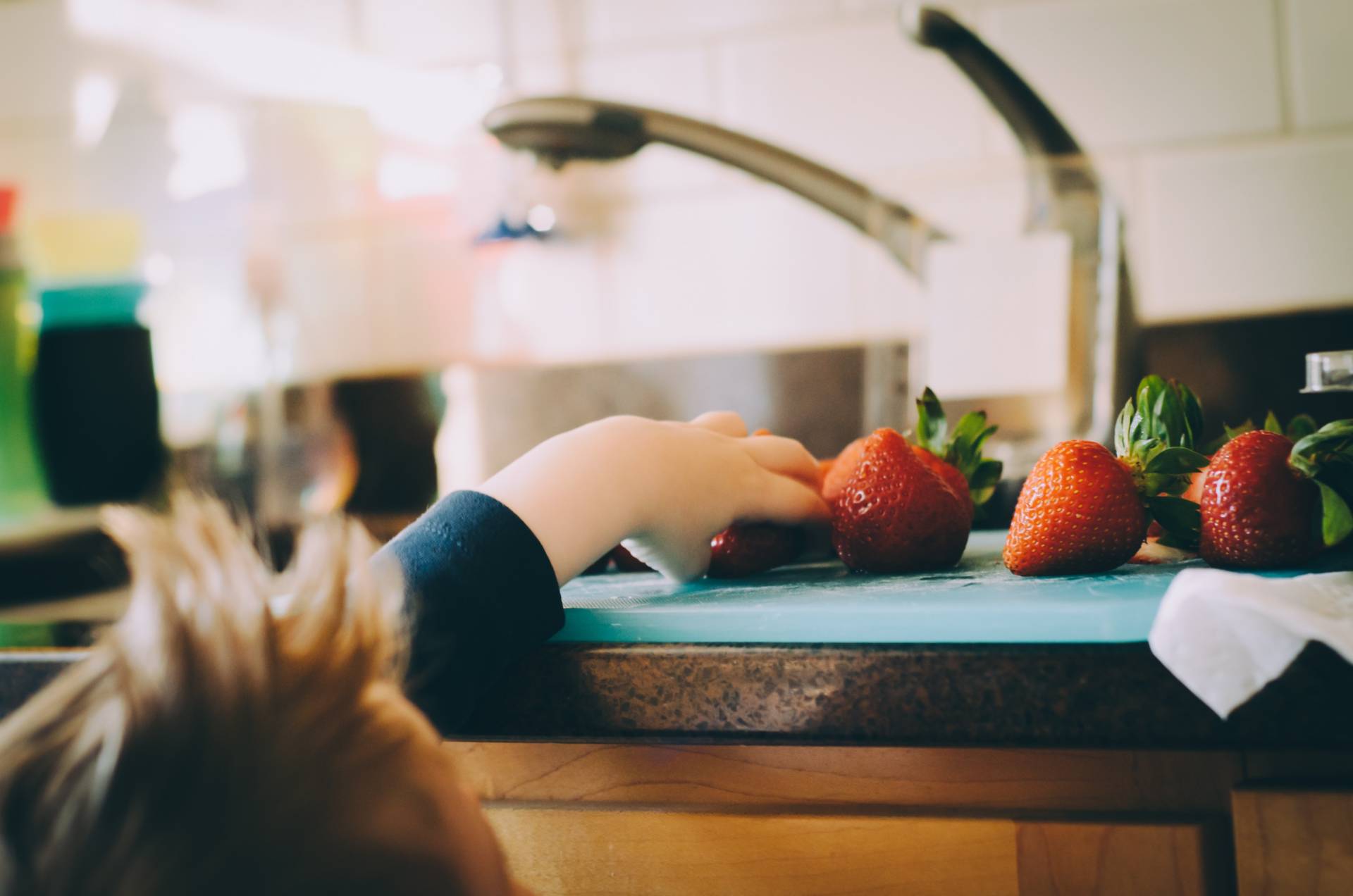As parents, we all want the absolute best for our kids, and to get them off to the best start in life. Over recent years more and more focus has been placed on healthy eating, and not a week seems to go by without the press reporting on the growing ‘obesity crisis’ throughout the population. Meanwhile, as working parents, our lives just keep getting busier, and convenience foods are more readily available, so striking a balance between convenience and nutrition can be hard to achieve.
According to the ELNC (Early Life Nutrition Coalition), the first 1,000 days that span from preconception to toddlerhood is crucial to your child’s health.
Over time children’s tastes can change, and a child that would previously eat anything that was put on their plate can become fussy, this can make ensuring that your child receives the right levels of nutrition even harder to achieve. If all this sounds familiar, and you are looking for ways to develop healthy eating habits in your children, then you may find these tips helpful:
Be a Good Role Model
Stress, comfort, convenience… there are many reasons why adults eat the ‘wrong’ foods. Many adults emotionally eat, and many parents are left feeling like hypocrites, especially when trying to make their children eat healthily while doing the exact opposite themselves.
As all parents know, kids imitate the behaviour they see from the adults around them, so if you want your child to eat healthily, you will need to practice what you preach and be an excellent food role model to them.
Add Some Variety
Trying new flavours and different recipes is an exciting thing to do together with the kids. Whether you are taking inspiration from cuisine that you have sampled on holiday, or have simply spotted a fruit that looks interesting at the greengrocers for you all to try, widening your child’s tastes is a great way to keep them open-minded about the food that they eat.
A child that is used to sampling a whole range of different flavours is less likely to be a fussy eater later in life, and will be more willing to sample the many different delicious foods there are out there, just ready and waiting to be tried.
Cook Together
Getting your child involved with cooking meals and baking has so many benefits. Cooking is such an important life skill, and knowing how to cook from scratch rather than relying on convenience food will set your child up for a healthy approach to both cooking and nutrition in adulthood.
Children are usually much more likely to try foods that they have helped to cook and will feel a huge sense of pride to see the rest of the family eating something that they have prepared. Helping out with the cooking is not only beneficial from a nutritional point of view, but it is also a perfect way to spend time together working on a task and then sharing what you have created together.
Disclosure: This is a collaborative post.

